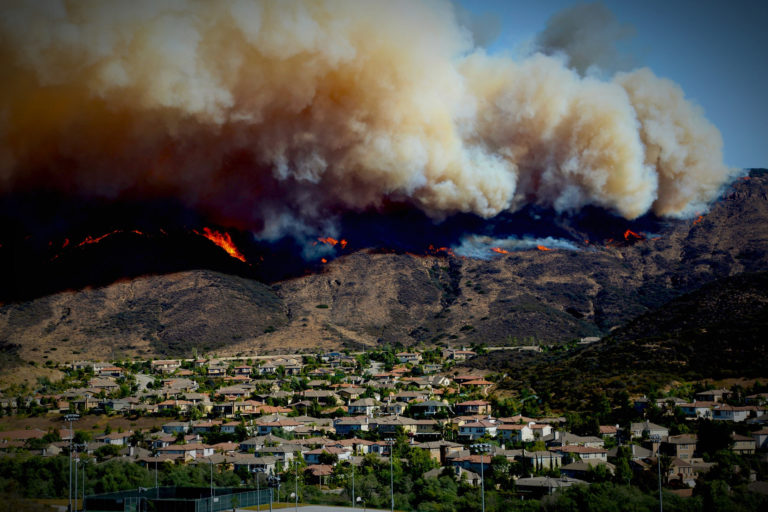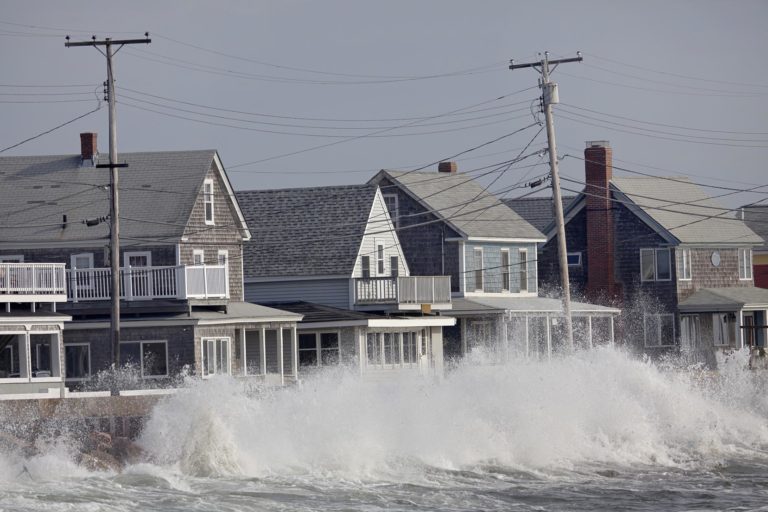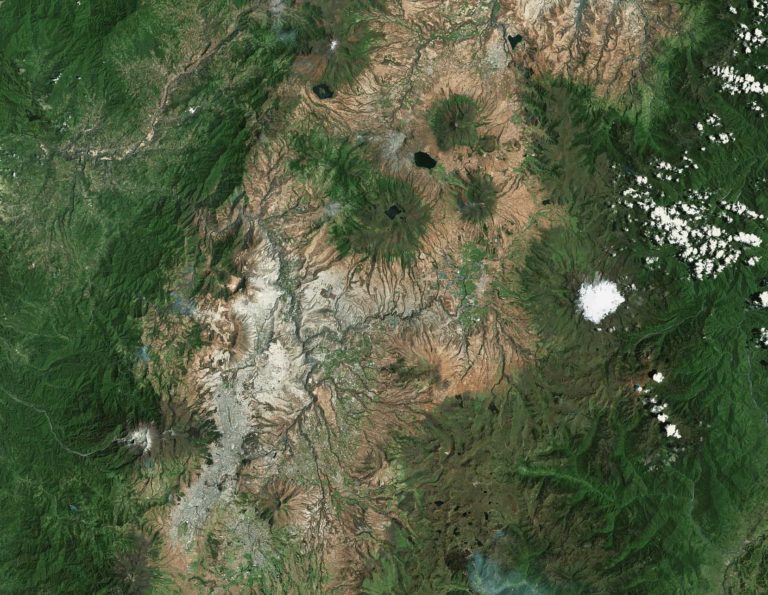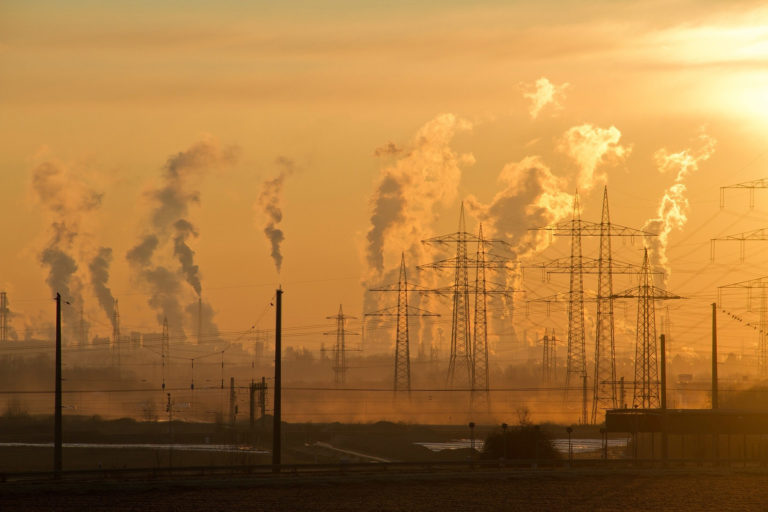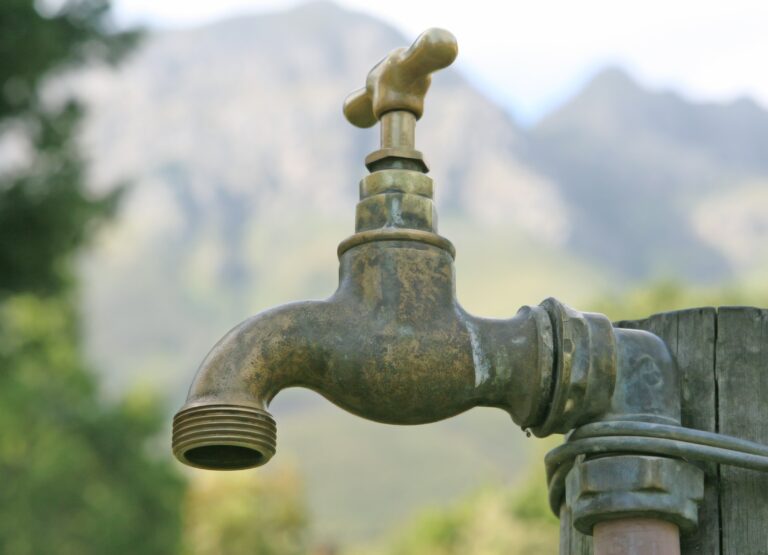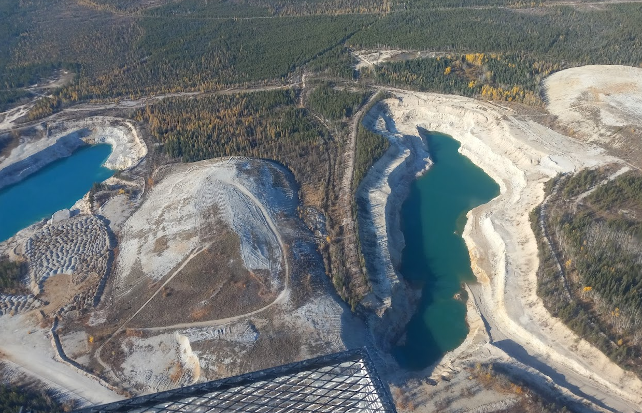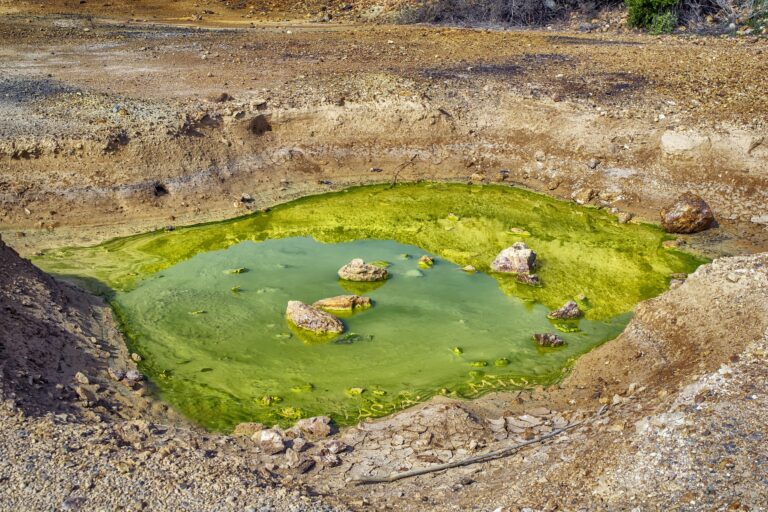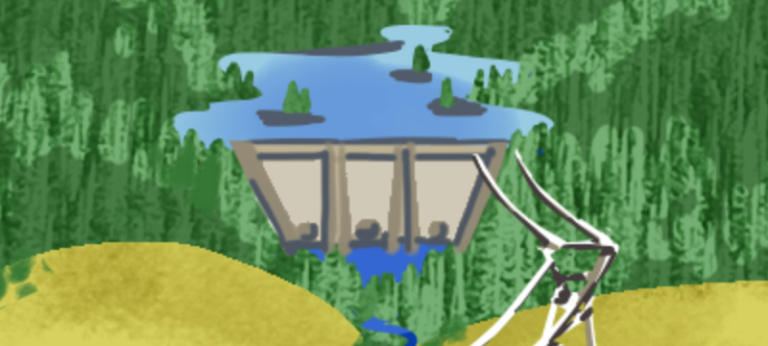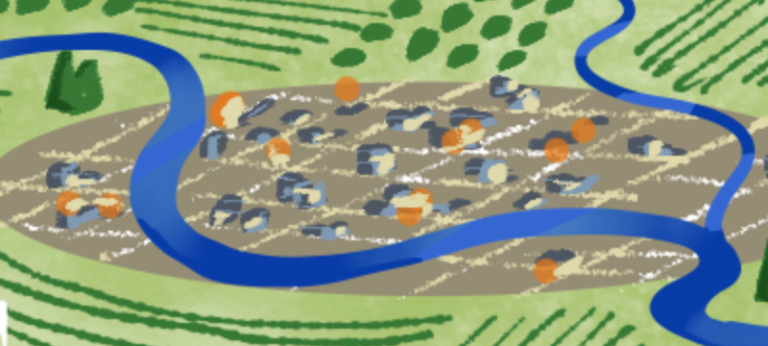Environmental Modeling
Ecological Restoration and Planning for Sustainable Futures

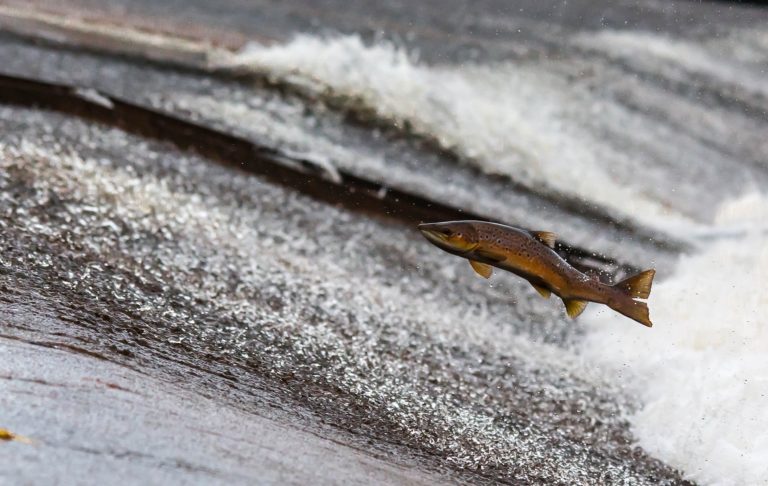
While current regulations protect habitats and the species that rely on them, historic human impacts on habitat have resulted in functional degradation to our ecosystems, causing adverse impacts to biodiversity, water quality, water supply, flooding, and recreation. Lynker Intel works with clients to restore damaged habitats that provide important ecological functions, contributing to improved ecosystem health benefiting humans and wildlife alike.
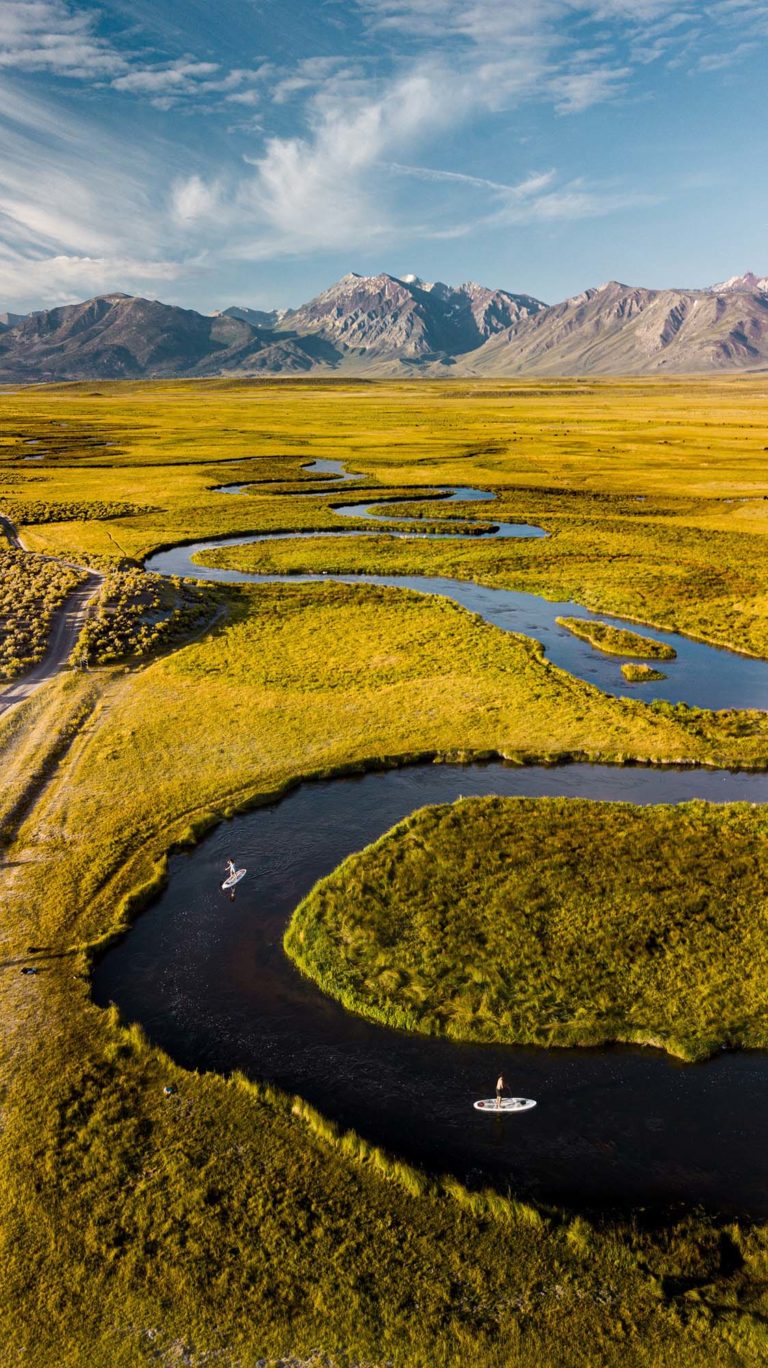
Climate changes threaten the integrity of human and ecological systems around the globe—sea level rise is causing shorelines and coastlines to be more frequently inundated, and extreme weather events are pushing infrastructure meant to contain and control natural forces to their limits. Lynker Intel works with clients to address the threats of climate change with ecologically informed solutions. There are a multitude of federal, state, and local environmental regulations that can delay projects and require excessive and expensive mitigation. Instead of viewing these regulations as obstacles, Lynker Intel’s approach is to turn them into opportunities for a more sustainable project. We work with clients to develop multi-objective projects that integrate mitigation into the project, resulting in more efficient project delivery and projects that provide multiple benefits.
Our restoration team excels at executing an interdisciplinary approach. We seamlessly integrate environmental modeling, hydrology, ecology and engineering, combining an in-depth understanding of physical, chemical, and biological factors, their intersection, and their influence on each other in both natural and built systems. Lynker Intel combines this integrative practice with social and cultural elements to create project designs and implement ecological restoration measures that are successful from a functional, ecological, and societal standpoint in both the short and long term.
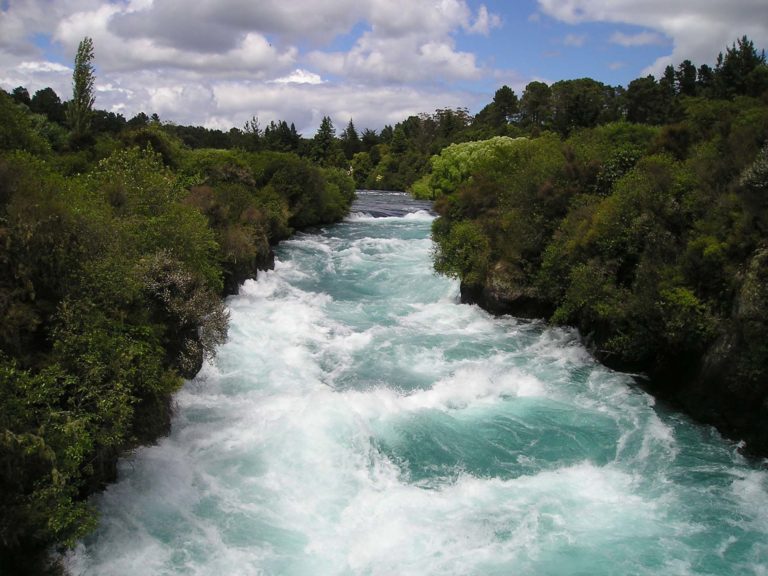
Restoration with past-focused, idealistic, and/or ad hoc goals may not work in the future because an ecosystem that is restored for the past environment is not likely to be sustainable in the changing environment of the future—simple recomposition of isolated and fragmented naturalistic patches is not likely to restore ecosystem functions, and unrealistic goals and work plans are not likely to gain public support. Lynker Intel advocates directing the principles and practice of ecological restoration to the future. Future—aimed restoration should acknowledge the changing and unpredictable environment of the future, assume the dynamic nature of ecological communities with multiple trajectories, and connect landscape elements for improving ecosystem functions and structures.
Relevant Case Study

Future Avoided Cost Explorer: Hazards



